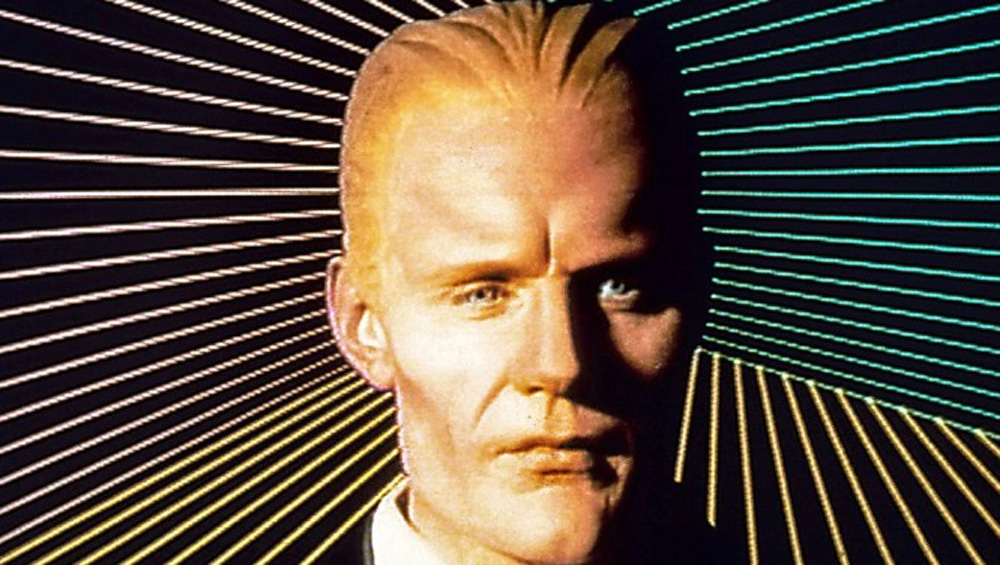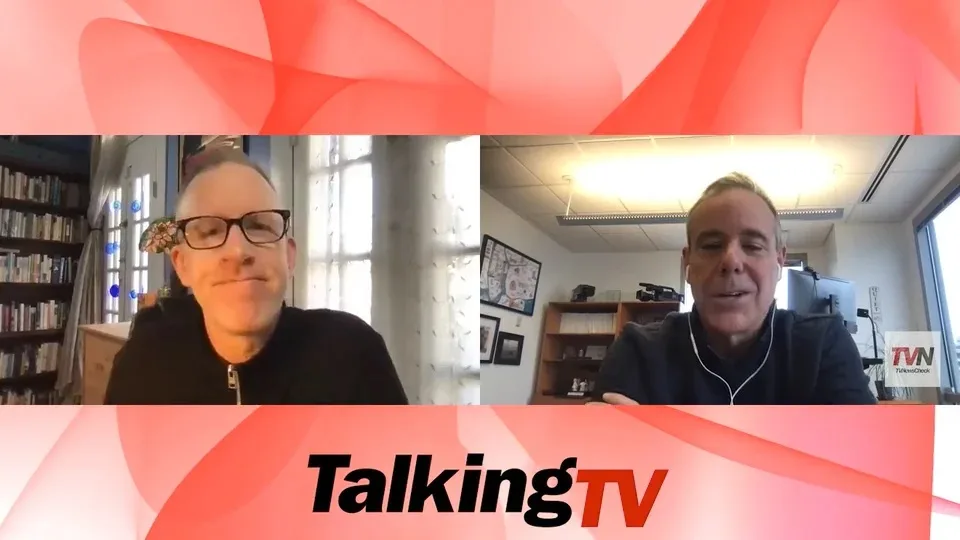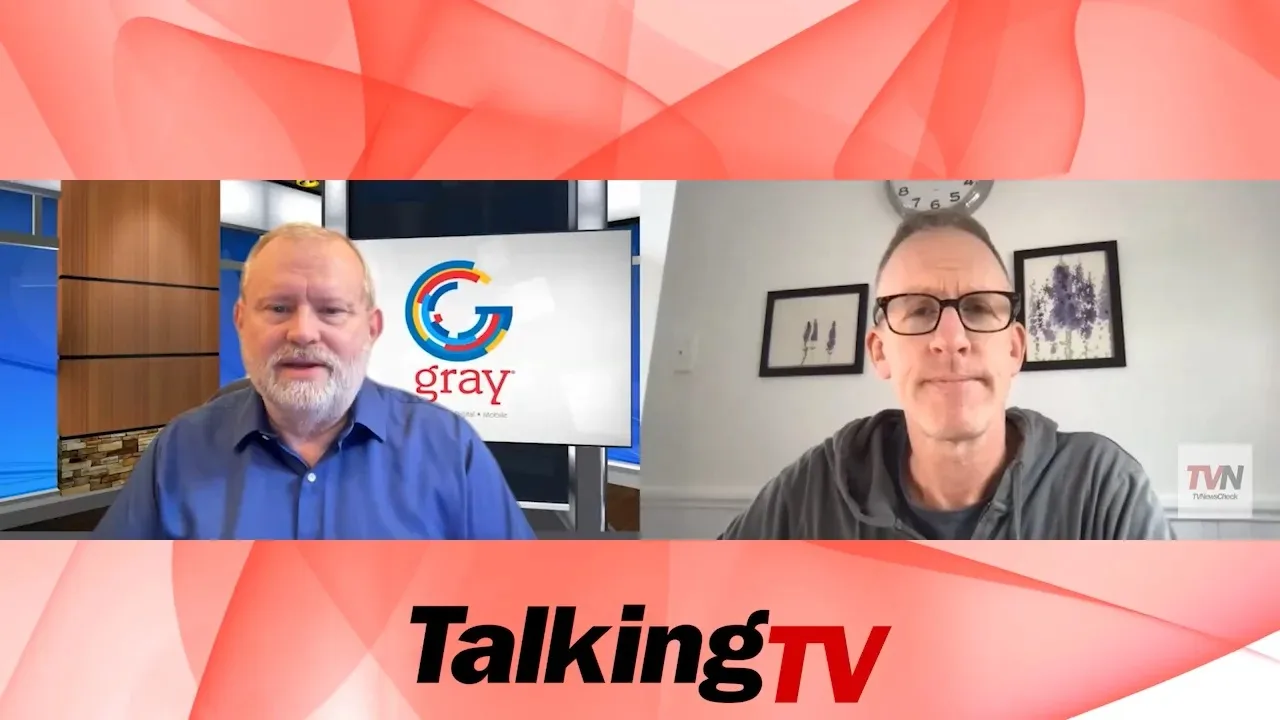
AI And The Future Of Local TV News


Hank Price
It’s been almost 40 years since Max Headroom, the fictional computer-generated news anchor, first appeared on the scene. Max made big waves at the time, with some pundits predicting the eventual end of real people anchoring newscasts. That talk quickly faded when it became obvious that animated newscasters were far too raw to be compelling.
Today, artificial intelligence has become so sophisticated, and is developing so quickly, that we are far beyond anything the creators of Max Headroom could conceive. Our technologically driven world means that the future is now. If you can imagine it, it can eventually be done.
Forget ChatGPT. That is only a crude first step. The real promises of AI in television, especially television news, are at the beginning of a very long runway that will offer both risk and reward.
Before you think this stuff is fantasy, know that experts are already using AI to manipulate video and voices of real anchors with the goal of eventually creating computer generated characters with human personas. We must assume that at some point fully developed AI generated newscasts will become a reality.
The questions you and I must ask today are not technical; they are ethical. How should the technology be used? How should it not be used? As AI rolls out, those conundrums will be among the formidable issues of their time.
What we know for sure is that there will be a further divide between best-in-class and worst-in-class station owners. The companies that have already cut newsrooms to the bone will welcome any advancement that requires fewer people. The best owners, those that understand the long-term value of quality local news, will see AI as a way to expand their content and thus become stronger.
Some job transitions will be inevitable. I remember years ago when robotic cameras were first introduced. A full system cost several hundred thousand dollars back then, but the accountants quickly pointed out the cost savings: “They don’t get benefits, don’t have health care and don’t go on vacation.” That made sense for appropriate positions, but with many newsroom staffs already below minimum levels, there are simply none of those optional jobs left, so let’s hope AI will be used more to improve product than to eliminate people. If anything, AI will require new, specialized skills.
The better companies will likely take a measured approach to this new opportunity, using AI technology to give their news departments an edge that helps employees produce a richer and broader product. It also seems unlikely those companies will rush to eliminate their anchors. You don’t need a research study to know viewers prefer to watch real people rather than a computer-generated re-creation, no matter how natural that pseudo being might appear to be. Don’t discount the genuine human-to-human connection that creates viewer loyalty.
In fact, don’t think of AI as something that replaces people at all. Instead, see it a revolutionary new tool that allows people to do a better job.
One obvious place is producing. AI could handle tasks such as graphic generation, story rewriting, video re-editing, archive searches, database manipulation, script checks and many other tedious, time-consuming functions. What producer wouldn’t want that kind of assistance?
AI-driven computers might allow directors to once again direct, rather than act as human robots hitting “advance” buttons. Instead of functioning as assembly line workers, directors and producers might actually have time to collaborate and thus create.
In the studio, intelligent cameras, displays, lighting systems and teleprompters could bring new dimensions to the look and feel of a newscast. AI could produce far more sophisticated cuing and prompts, eliminating the distraction of producers yelling in an anchor’s ear.
In the field, multiple AI-driven miniature robotic cameras and drones, perhaps controlled by a video expert, or possibly fully automated, could create a new level of story coverage that would make today’s single cameras look like Model Ts. AI programs that learned an individual reporter’s storytelling style could then produce a first video draft for the reporter to review and adjust.
The list goes on and on, but the point is that AI will have the capacity to make newscasts better and the jobs of people creating those newscasts easier. Stations will be able to produce a broader and more substantive product, far more advanced than today’s constant repeat of the same stories.
Keep in mind that every function I’ve just proposed is based on the way we currently think of news. The greater opportunity for AI may be in new and innovative ways to create and distribute news content. For instance, would there be a way to harness the power of thousands of consumer smartphones? This would require owner cooperation but could produce a new level of breaking news coverage, as well as a source of rich new video for other stories and even original work. What about news applications for the future addressability of NextGen TV? Tailoring specific content for hundreds of thousands of homes could only be done with AI.
Expanding products and services is not only important to the future viability of local television news, but it will also create new revenue, which can justify new jobs. And think about this: Today’s television news audiences are aging out. AI could potentially change that.
There are legitimate reasons for being wary of how AI will be implemented by some companies, but the bottom line is that properly deployed, artificial intelligence will give more creative control to real people, make their products better and open new horizons for television news. It also represents a unique opportunity to be a part of creating the future.
If you are a mid-career professional or younger, you are going to be faced with a decision. Do you embrace the future or fight it? Do you want to be part of inventing something exciting, or would you prefer to go the way of typewriters, fax machines and flip phones? I think the answers to those questions are pretty easy.
The unknown can always be fearful, but arguing the Earth is flat is a waste of time. Embrace the future and enjoy it.
Hank Price spent 30 years leading television stations for Hearst, CBS and Gannett while concurrently building a career in executive education. He is the author of Leading Local Television and two other books.































Comments (0)